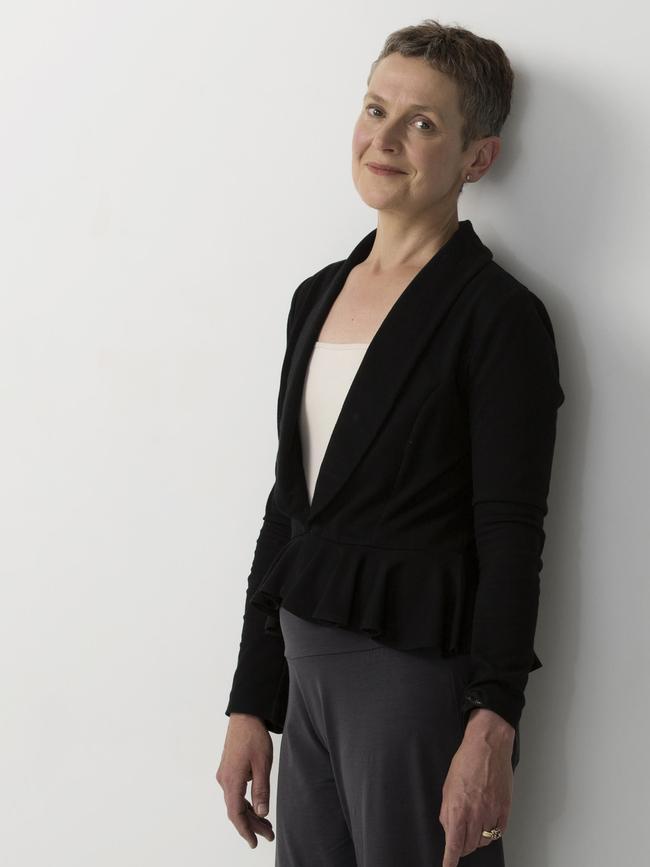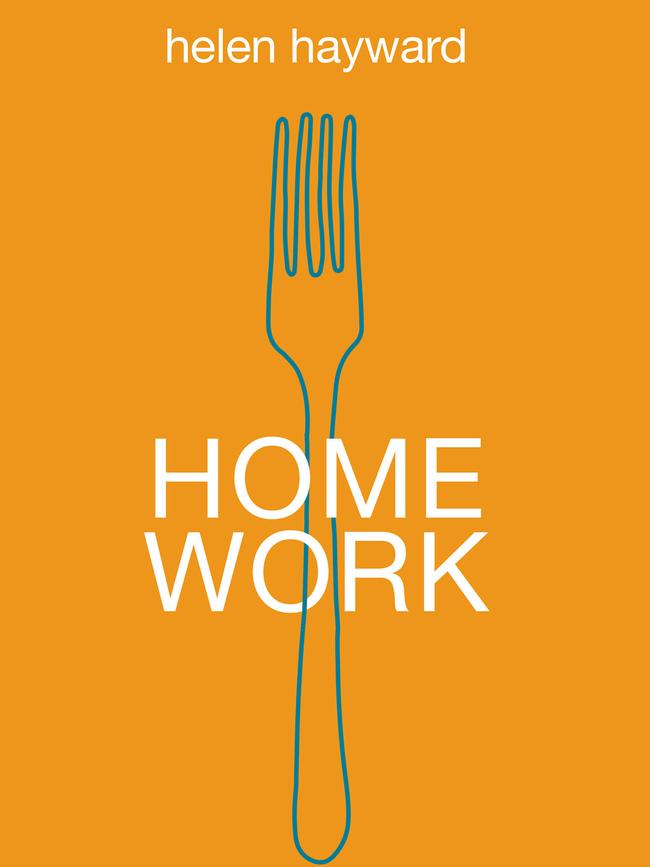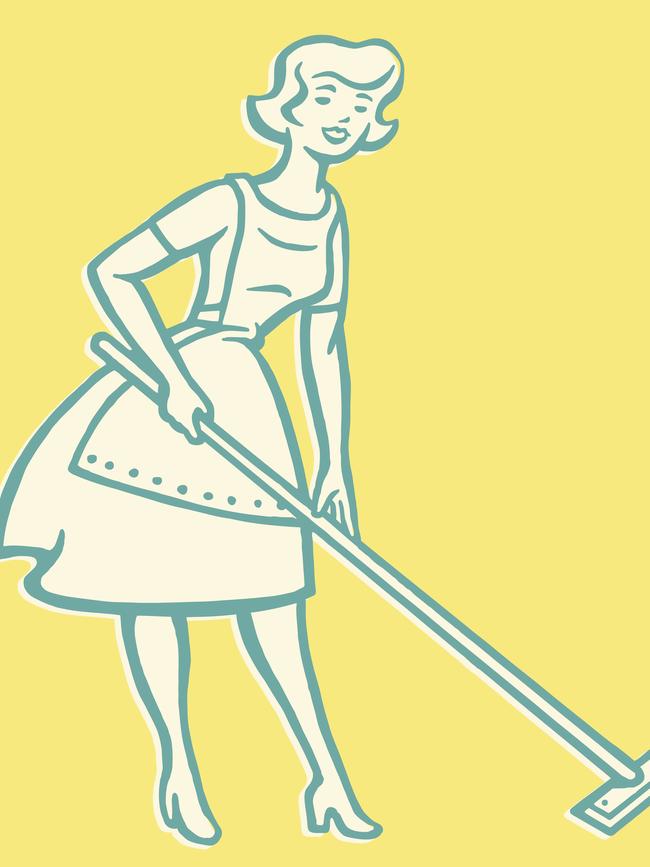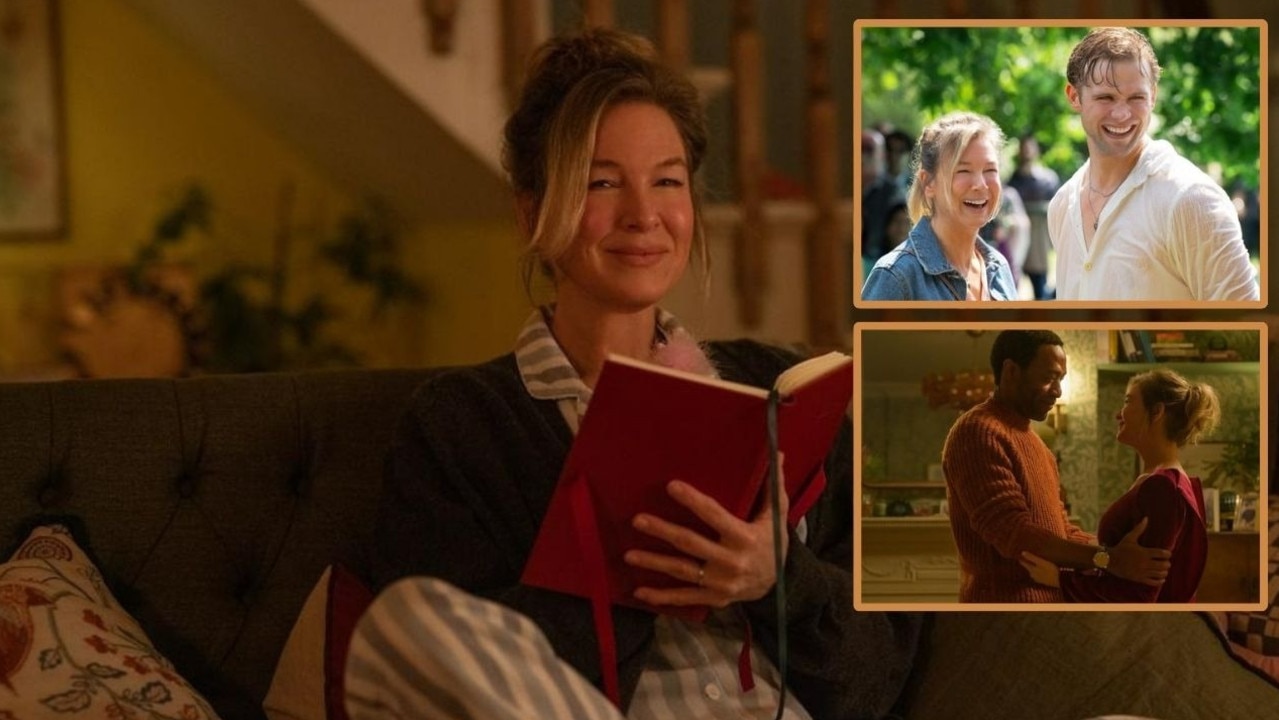How to find joy in cleaning your home
When I was a girl I scoffed at the idea that running a home is fulfilling. After I became a mother I realised I was wrong.

Whenever I answer the door wearing an apron, the person on the doorstep looks me up and down. What’s normal for me, protecting my clothes as I tip stock into a colander, mix dough and mop floors, seems less so for others. Wearing an apron to the front door in the late afternoon seems as provocative as opening it in my pyjamas in the early morning.
I didn’t start out in life wearing an apron. As a girl, I hardly thought about my home, which I mostly took for granted. Whenever it did cross my mind, I sided with the author Rose McAuley who claimed that “a well-kept house is a sign of a misspent life”. Domestic life was a tangle of repetitive, unfulfilling tasks that paid work was designed to release people from. Like all my friends, I assumed that caring about the home meant avoiding the real challenges of life. I scoffed at the idea that running a home – growing vegetables, cooking for friends, renovating – might one day fill me with pride.

On leaving Australia for London, after an arts degree in my home town of Adelaide, I felt confident that the woman I hoped to become would emerge through my career, my self-esteem growing as I met the demands of the world. It wasn’t until I moved into a studio flat, in my late 20s, did I stop for long enough to realise that what I’d left Adelaide to escape, the comforts of home, weren’t to be despised.
Still, I continued to run away from housekeeping for five more years, during which time I met Paul, the man I would give my heart to. Until one day, halfway through my 30s, there was nowhere to hide. Until, that is, I became a mother. From day one of motherhood, the emotional, imaginative and physical work of looking after my baby and home felt demanding. I felt I had no choice but to stay on top of household tasks. They could no longer be put off til the weekend. If I wanted to look forward to getting out of bed each morning – and to do anything, really, over and above looking after my baby – I had to prioritise housekeeping. Laundry, cooking, organising, errands, shopping and cleaning, became urgent. My life may not have depended on them, but my sanity and wellbeing did. Besides, it was never just the tasks themselves. Looking after my home always involved more than keeping it clean and tidy. What felt demanding was something larger and more encompassing that didn’t have a name and that, over the years, I’ve come to think of as “home work”.

Caring for my home in an intelligent way, creating a pleasant atmosphere there, keeping surfaces clean and tidy, and expressing the love that makes sense of this whole endeavour – these didn’t happen by magic. No matter what was going on in other parts of my life, home work demanded time, thought, creativity, love and effort. Without these things, home was a dull, squib thing. With them it felt bright and plump.
By the time Paul and I had our second child, I’d come to accept that there is an art to running a home. A warm and attractive living space doesn’t happen naturally. A pleasant, welcoming home is an achievement that assumes hundreds of smaller efforts in support of this ideal. The problem, for me, was that in my heart I wasn’t convinced these efforts were worth making. How could homely satisfactions like cooking, gardening and DIY hold their own against foot-on-the-ladder worldly strivings?
If I gave in to my desire for home-cooked meals, line- dried sheets and a lively garden, mightn’t I disappear like Alice down the rabbit hole?
Around the time my kids reached the ages of two and four, I did just that, returning to Melbourne with my family in search of a better quality of life than seemed possible for us in London. I felt excited about moving back to Australia. It was what I’d been longing for. But then, within a year of moving out of a first-floor flat in London into a house with a garden in Melbourne, I developed a fear of being at home. I felt overwhelmed by everything there was to do there.

Where to start?
I’d gotten what I wanted: a family, a house and interesting part-time work. Yet I missed the pre-child me. The woman who knew what she was doing, and what she was about, between 9 and 4 on weekdays – the scheduled me. Teaching part-time became code for spending the afternoon chasing my tail at home. Bossed about by everything I felt I should be doing, time slipped like sand through my fingers, the big hand on the kitchen clock whizzed mockingly around its face. Should I be pairing socks or calling my elderly aunt? Preparing dinner or checking my diary? Taking my kids to the park or fixing the sprinkler out the back? Feeding the worms or vacuuming the floors?
It was at this point, tired of splattering olive oil on my clothes, that I bought my first apron. Doing up this black linen apron had an instant effect. I immediately felt less stressed. I still brought in the washing and prepared dinner. However, wearing this apron stopped the chatter in my head that told me I should be doing something – anything – else. I didn’t drop by my desk to check on the emails I wasn’t sending or the writing I wasn’t doing. I just got on with whatever needed attending to around the house, and then felt better for having done it. Because until I took off my apron, my focus was on home work.
Whenever anyone asked me the “What do you do?” question, I’d say that I was a writer and teacher. It was true. I did write every day and taught part time. However, only rarely did I mention my job. This was because my job seemed less acceptable, less noteworthy than my writing and teaching work, even though it could be equally challenging, time consuming and interesting. My job stretched and inspired me. It had long hours, low status and was unregulated. It wasn’t quite a calling, though some days it felt like one. My job – and don’t get me wrong, I put my hand up for this – was to keep our home running smoothly without shouting or moaning too much. My job was housekeeping.

It wasn’t just me. I knew countless people – not all of them women – who did the lion’s share of keeping their homes running smoothly without shouting or moaning too much. They may not have felt called to it, as I did. They may not have treated it as a job, nor wore an apron doing it. Still, they spent a similar amount of time shopping, cleaning, cooking, organising and maintaining things, and generally making things happen at home. And then clearing up afterwards. Like me, they didn’t consider this their main work. Certainly, the world didn’t. Perhaps this was why the subject of domesticity was glossed over in conversation. Mostly, we just got on and did it. Yet measured in hours, devotion, effort and skill, it made up a big part, up to a quarter, of our waking hours, especially for those of us with families.
The upside, often overlooked, is that with the right attitude it can be energising and grounding. Home work is an approach to life that encompasses everything that goes into how we live our lives. It’s sharing a family bathroom with a thought for the person who might use it next. It’s banging the sink strainers into the bin straight after washing up. It’s hanging doonas on the line because it’s a sunny day. It’s having the right ingredients for dinner in the fridge, and marinating meat overnight. It’s picking herbs as I pass through the garden, knowing how much I hate fetching them in the dark. It’s folding tea towels straight off the line because it’s heartening to open the drawer to a neat stack. It’s taking a sewing class after despairing of not being able to fix a zip. It’s stashing chicken bones in the freezer and remembering to defrost the stock that I go on to make from them. It’s filling hot water bottles on cold nights and replacing them yearly for fear of leaks. It’s taking appliances to be repaired and picking them up when they’re fixed. It’s vacuuming dog hair and sand from the car in a regular sort of way. And it’s so much more.
Housework has a bad reputation, and rightly so. For nearly everyone I know, it’s a source of stress and frustration. It frustrates me too. Except it isn’t just frustration that I feel when I do it. After pulling on my apron, and getting on with what needs doing, I nearly always take off my apron feeling better about myself and my place in the world than when I put it on.
I’m not alone in having mixed feelings for the home, in my push-pull relationship to it. Could this explain the heated confusion that tends to arise whenever domesticity does come up in conversation? A few years ago, at the end of a phone call from her nursing home, my mother asked me a question that stopped me in my tracks. “Do you think,” she asked, “that I’ve wasted my life?” Thinking I’d misheard her – she’d always staunchly defended the value of home – I asked her to repeat her question. She did so, this time with more insistence. “Course not,” I replied, feeling offended on her behalf, and listed her accomplishments as they streamed through my mind – running a busy home, farming, charity work, gardening, various sports and a close circle of friends.
Yet my mother’s question stayed with me. In the weeks and months that followed, I kept circling back to it. Because what I heard my mother ask, through the echo chamber of our relationship, was whether she’d wasted her life at home. She hadn’t wasted her life, I told myself.
Or had she?
Fifteen years after my husband and I started a family, I decided it was time that I understood my relationship to home better. Big questions that had haunted me since my early 20s became pressing. Was there, I wanted to know, an art to keeping a home? And if so, what was it? Was it possible to find meaning and satisfaction in housekeeping? And did this have something important to teach us about life itself?
Whenever I put down my phone and dive into something creative at home, I enjoy myself. I love the smell of a slow-cooked casserole filling the house in winter. I feel like the girl I once was on coming into the kitchen with tomatoes from the garden warming each hand. I might struggle to credit these things as valuable, in the eyes of the world, but they have always brought me joy.
In a way, everything that follows (in this book) is my response to my mother’s question about whether she wasted her life at home. Because it’s not just her question. Ultimately, to the degree that we value looking after ourselves, our home and the people we love most, it’s everyone’s question.
This is an edited extract from Home Work: Essays on Love and Housekeeping by Helen Hayward (Puncher and Wattman) out now, via their website, and bookstores.


